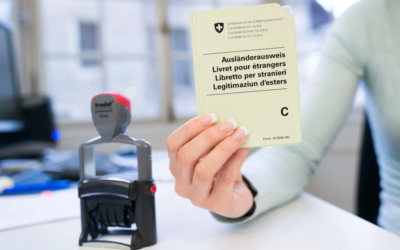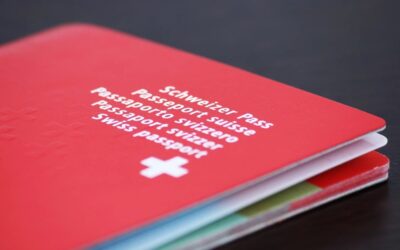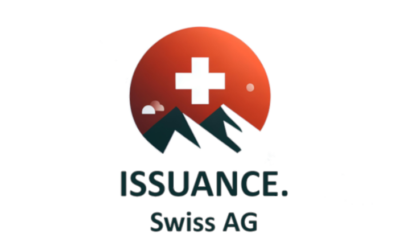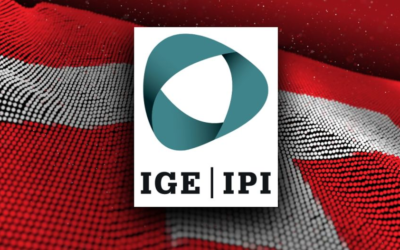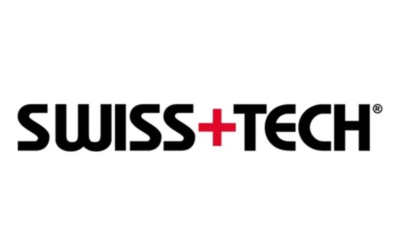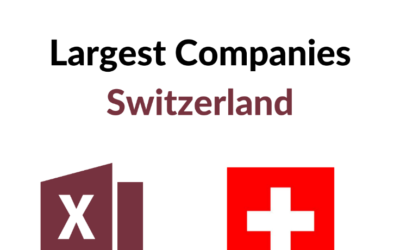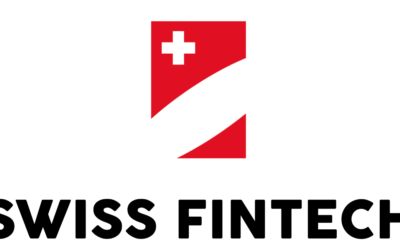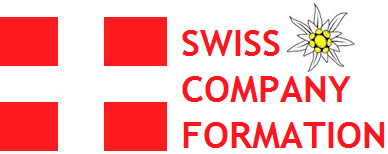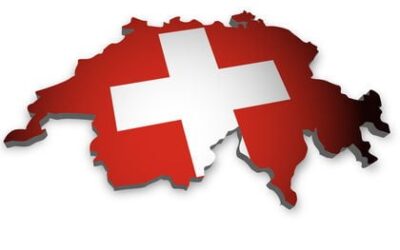Debtor’s reaction
The further course of events depends on the behavior of the alleged debtor.
- Payment of the declared Debt collection in Zug ( Betreibungsamt) and (tacit) agreement with it
Not everyone in Switzerland knows that a “payment order” – as just stated – is only an offer for payment. Therefore, having received this document, they immediately pay the declared debt. This model of behavior may not always be rational.
If you already know you have a debt to the designated creditor for the specified amount, it is reasonable to pay immediately. In this case, you will prevent unnecessary expenses that could arise if the debt collection procedure were continued.
If you agree with the requirement, the payment period is 20 days from receipt of the order.
The absence of challenging the debt is equivalent to agreement with the debt (see below). In this case, the collect procedure does not stop, and the Service may seize the property of the silent debtor. Therefore, if you do not agree with the debt, you must actively express this.
Whether there is actually a debt or not, you have the right to challenge it in whole or in part within 10 days from the date of delivery of the “payment order.”
It is not necessary to provide a reason for the challenge. This circumstance equalizes the procedural rights of the creditor and the debtor: if the first can initiate a debt procedure without specifying the reason(s), then the second should be given the right, also without specifying the reason(s), to declare his disagreement with the debt.
The legal significance of a challenge is that it – in whole or in part (depending on the nature of the challenge) – suspends debt collection in Zug proceedings in Switzerland.
Now, the ball is again in the court of the creditor, who is already obliged to go to court to reactivate the debt collection process.


















